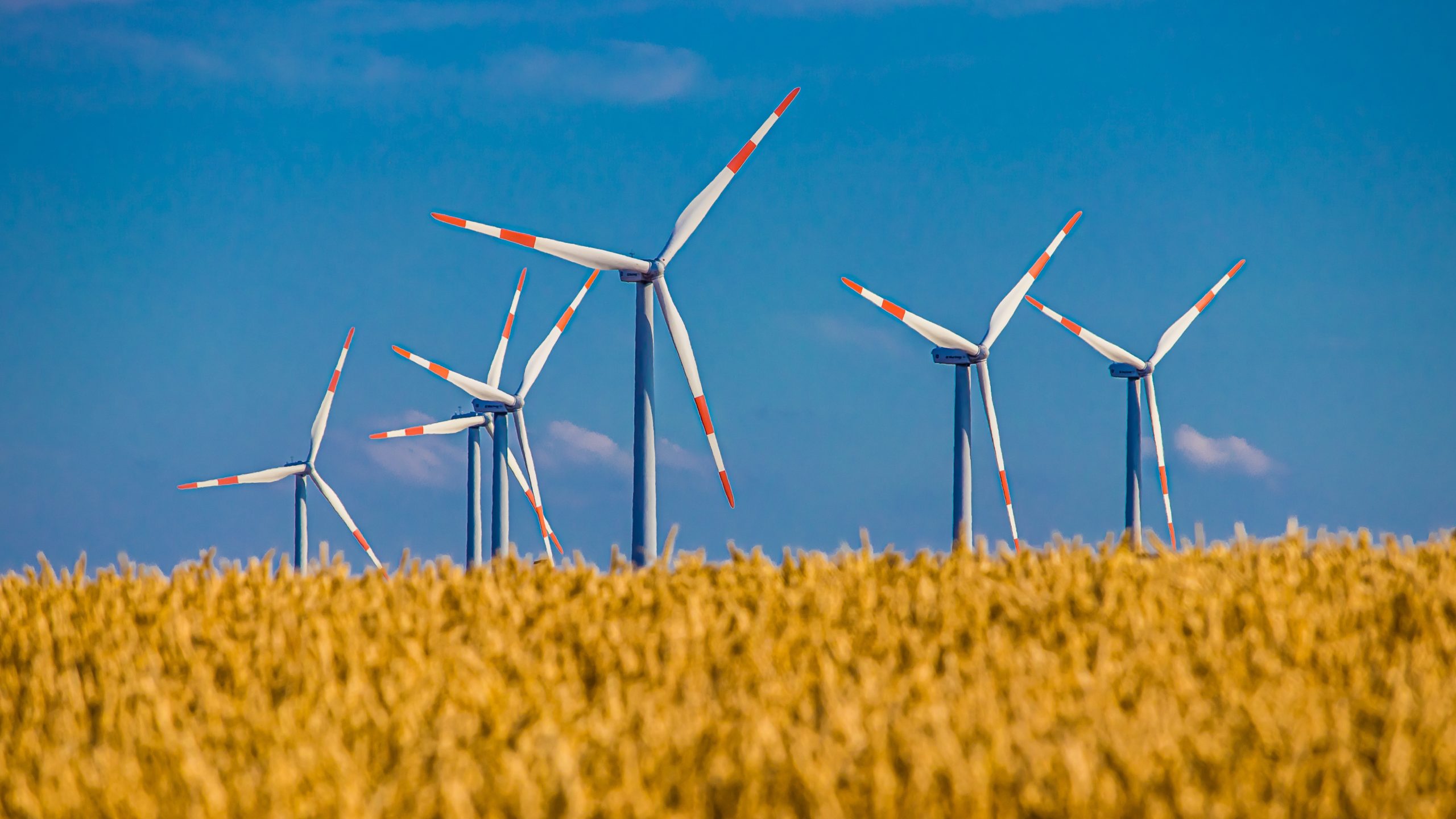The world is currently facing an unprecedented energy crisis due to a combination of economic and geopolitical factors. This has primarily been caused by the rapid economic recovery following the pandemic, the invasion of Ukraine, and a lack of investment in energy production. This has led to record-high energy prices across Europe, leading to increased poverty and greater economic strain in many countries.
In the UK, energy bills reached unprecedented levels over the past year, with households feeling the significant effects of higher inflation and weaker economic activity. In response, the UK government has provided emergency financial assistance for households and has introduced a price cap for energy bills. The International Energy Agency (IEA) has also released emergency oil stocks and published action plans to reduce oil consumption.
The current energy crisis has had a devastating impact on households in the UK, the effects of which have been amplified by the cost of living crises. The average UK household is expected to lose 8.3% of its total spending power in 2022 as a result of having to pay higher energy bills. This has been caused due to the wholesale price of energy in the UK going up by 54% in April 2022 and by a further 27% in October 2022.
One way to save energy is to improve the energy efficiency of your home. This can be accomplished by reducing the amount of energy used for heating and cooling, such as through insulation and energy-efficient appliances. Another option is installing solar panels as this can help reduce the amount of energy needed. An alternative to traditional boilers is ground source and air source boilers which are environmentally friendly and energy-efficient, despite their higher purchase cost and electricity usage. These boilers use renewable sources of energy, such as solar thermal energy, to heat water more efficiently than traditional boilers. They are also quieter, more reliable, and require less maintenance. Additionally, these boilers are eligible for grants, making them a viable option for some households.
The government has also introduced a scheme to cap the cost of household energy bills until 31 March 2023 by increasing the Ofgem Energy Price Cap level to £2,500 for the average UK household, however many households will pay more than this. This is intended to help households manage their energy costs, and the government has also provided some financial support for commercial customers. This financial support is not free money, as the government has had to borrow more in the form of additional debt to finance this. In an effort to encourage businesses in the UK to use energy more efficiently, the UK Government has introduced the Carbon Price Floor (CPF) policy which levies a tax on fossil fuels to encourage investment in low-carbon power generation. By increasing the cost of carbon, and hence fossil fuel energy, the floor price is designed to motivate companies to increase the efficiency in the ways they use energy, resulting in cost savings, and to invest in new technology to reduce carbon emissions.
The current crisis has also called into question the viability of long-term energy infrastructure investments and could have far-reaching implications for the future of the global energy market from a carbon perspective. In order to ensure energy security and reduce energy costs in the long term, governments must invest in sustainable, renewable energy sources, such as wind and solar, and seek to reduce their reliance on Russia for energy supplies. This will help to reduce the reliance on gas-generated electricity, provide more secure and reliable sources of energy, and can ultimately help the country become more sustainable and resilient in the face of future energy crises. The current crisis is a stark reminder that we must act now to secure our energy future.
Investing in renewable energy is not a quick and easy solution as it requires a substantial financial investment upfront in the near and medium terms. However, in the long term, renewable energy sources will be more cost-efficient than traditional ones, making them a viable and potentially profitable long-term investment.



